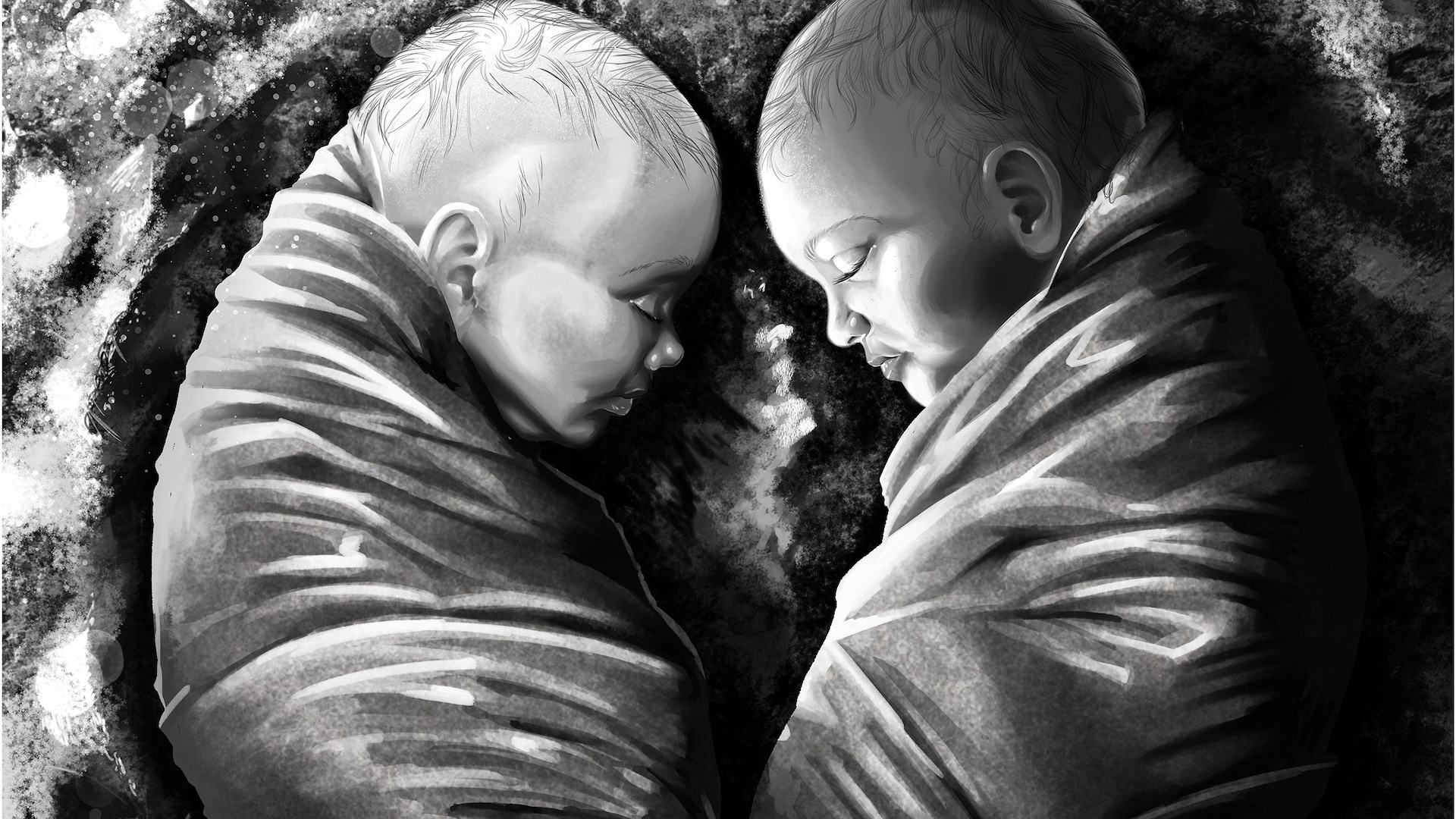Infant twins buried together in Roman Croatia may have died from lead poisoning

From exploring the science of sleep to warnings about harmful social jet lag and innovative e-tattoos for mental workload tracking, these headlines highlight sleep's critical role in health and cutting-edge solutions for modern challenges.

All major sources, one page
Feel the mood behind headlines
Know what’s trending, globally
Get summaries. Save time
9,867
138
211
an hour ago
Get instant summaries, explore trending stories, and dive deeper into the headlines — all in one sleek, noise-free mobile experience.
Get the latest news and insights delivered straight to your inbox
All major sources, one page
Feel the mood behind headlines
Know what’s trending, globally
Get summaries. Save time
9,867
138
211
an hour ago
Get instant summaries, explore trending stories, and dive deeper into the headlines — all in one sleek, noise-free mobile experience.
Get the latest news and insights delivered straight to your inbox